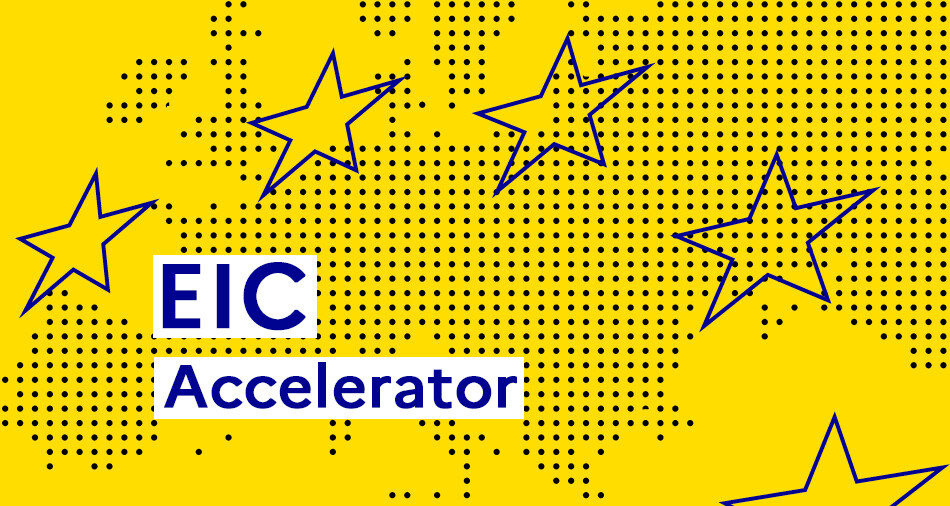ExpectedOutcome:
In line with the zero pollution ambition, the farm to fork strategy, in particular promoting the global transition to sustainable food systems, successful proposals will support the development of Green Alliances on sustainable agro-food systems in relation to nutrient management that halt nitrogen (N) and phosphorus (P) pollution and limit N/P emissions to remain within safe ecological boundaries at European, regional and local scale. Moreover, selected proposals are expected to reinforce the transdisciplinary research and integrated scientific support for relevant EU policies and priorities (common agricultural policy (CAP), Green Deal objectives, etc.).
Project results are expected to contribute to all following expected outcomes:
- Strengthened international cooperation with actors from China in the areas of nutrient management to halt pollution and limit N/P emissions to remain within safe ecological boundaries at different scales while restoring water, air and soil ecosystems.
- Develop and test Nature based Solutions (NBS)[1] to plant nutrition and health, with innovative technologies that optimise the use of external inputs and helps European farmers in the implementation of regulated deficit strategies.
- Support for the implementation of the nutrient budget methodologies with new or improved technologies for different agricultural systems considering environmental, social and economic factors at different scales farms, regions and/or products.
- Identification and management of potential new sources and pathways of nutrients through distribution/sharing of organic wastes at local level to reduce nutrient loads to soil and water bodies.
- Uptake of knowledge and innovations in implementing a sustainable management of natural resources.
Scope:
The success implementation of a sustainable nutrient management plan requires the availability of the technologies to support farmers in their decision-making and applications of the nutrients plans, based on the type of production system, environmental conditions, soil type, water availability and socio-economic aspects of both crops and nutrients. Nature-based solutions (NBS) and innovative agricultural and environmental tools can improve nutrient management and strategies for, among other things, meeting the objectives of the European Green Deal, including the farm to fork strategy, and the biodiversity strategy, the circular economy action plan and the zero pollution action plan for air, water and soil.
Proposals should build on existing and new knowledge, data, models (including in situ calibration measurements) and available tools to:
- Develop smart nutrient management plans and methods to prevent, mitigate and when possible eliminate pollution in soils, water and air caused by nutrients and water management practices, across sectors, for different types of agricultural practices (conventional, organic and agro-ecological agriculture), and scales – farm, local, regional and river basin.
- Explore and assess the potential of alternative nutrient sources (organic vs inorganic), enhance management and recycling of organic wastes and explore nutrient recovery opportunities, for different agricultural systems.
- Analyse the effect of NBS on climate change and crop productivity including nutrient availability, and interactions between nutrients and carbon cycles.
- Develop models and tools to monitor nutrients flow based on remote sensing technologies and data, in agriculture and forestry systems: for physical, chemical and biological parameters.
- Engage with technology development actors, farmers and investors organising large scale online hackathon activities to support tech services for farmers at farm and local level in their nutrient management plans e.g. by allowing targeted field application of fertilisers (organic / inorganic), and addressing geographical imbalances in nutrient flows.
- Develop Decision Support Systems to assess and understand the performance and relative merits of NBS for nutrient management.
Proposals must implement the 'multi-actor approach’ and ensure adequate involvement of the farming sector and, as relevant, bio-based industries active in rural areas.
Social innovation is recommended when the solution is at the socio-technical interface and requires social change, new social practices, social ownership or market uptake.
Actions will contribute to implementing the EU-China Food, Agriculture and Biotechnology (FAB) flagship initiative, which aims to ensure sustainability of agri-food systems, catering for the needs of a growing population, the reduction of food and agricultural losses and waste, and the provision of safe and healthy foodstuffs.
Due to the scope of this topic, international cooperation is strongly encouraged, in particular with China. This topic is envisaged to be implemented as a coordinated call but if no agreement is reached with the Ministry of Science and Technology China (MOST) on the co-funding of Chinese partners, it will be implemented as a normal call. Updates will be published on the Funding & Tenders Portal.
Proposals are requested to collaborate with other relevant projects selected under other relevant topics/calls. In addition, proposals follow FAIR data principles, ensuring that resulting knowledge will be accessible through the Oppla portal.
In this topic the integration of the gender dimension (sex and gender analysis) in research and innovation content is not a mandatory requirement.
Specific Topic Conditions:
Activities are expected to achieve TRL 7 by the end of the project – see General Annex B.
Cross-cutting Priorities:
International CooperationDigital AgendaArtificial Intelligence
[1]As defined by the European Commission: Solutions that are inspired and supported by nature, which are cost-effective, simultaneously provide environmental, social and economic benefits and help build resilience. Such solutions bring more, and more diverse, nature and natural features and processes into cities, landscapes and seascapes, through locally adapted, resource-efficient and systemic interventions. Hence, nature-based solutions must benefit biodiversity and support the delivery of a range of ecosystem services. In https://ec.europa.eu/research/environment/index.cfm?pg=nbs





